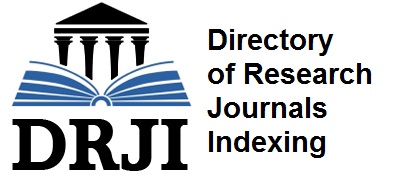I mostri della guerra fra follia e morte: la rappresentazione del dramma libanese nell’opera teatrale di Abla Farhoud e Wajdi Mouawad
The war monsters among insanity and death: the representation of Lebanese drama in the play of Abla Farhoud and Wajdi Mouawad
Abstract
In the study dedicated to the Dramaturgies de la guerre, David Lescot points out that the representation of works on this subject dates back to the origins of the theater, more specifically to Aeschylus, who, in The Persians (472 BC), staged the naval battle of Salamis, held in 480 BC, and the Greek victory over the Persians led by Xerxes. The poet chose to sing not so much the triumph of the Athenians, but rather, in a real trainody, the effects of the defeat of the Persian people, proposing, at the same time, a broader meditation on the history and politics of Athens: We will be tempted to conclude that the theatre is born with war, that it is it, as a crisis, a threat to life and the functioning of the City, which is the source of the tragic institution, and its political significance.

This work is licensed under a Creative Commons Attribution-NonCommercial 4.0 International License.
Authors who publish with this Journal agree to the following terms:
Authors retain copyright and grant the Journal right of first publication with the work simultaneously licensed under a Creative Commons Attribution-NonCommercial 4.0 International License.
This Journal permits and encourages authors to post items submitted to the Journal on personal websites or institutional repositories both prior to and after publication, while providing bibliographic details that credit, if applicable, its publication in this Journal.

















